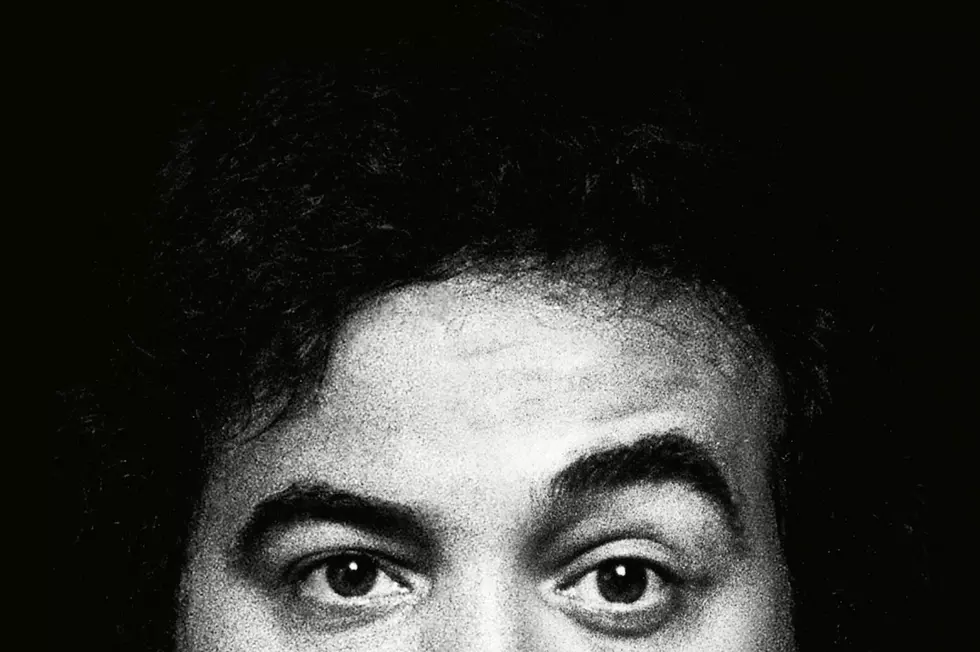
‘Homeland’ Review: “Tin Man Is Down”
The season 3 premiere of 'Homeland' isn't so much the aftermath of the attack on Langley that killed 219 people (including David Estes, leaving Saul in charge of the CIA) -- it's nuclear fallout. Carrie is the subject of an aggressive, closed-door senate investigation, and Brody's family is falling to pieces without him. With a fervent manhunt for the missing congressman and suspected terrorist underway, we follow Carrie, Saul, and the Brody family as they try to readjust to life after Langley.
Dialogue isn't a strong suit in this episode -- until it is, but not until the last few minutes. What works best in "Tin Man Is Down" are the quiet, reactive moments, like Quinn accidentally shooting a child during an assassination mission, after he refused to take an earlier, easier hit because the same child would have been killed. Or the moment Dana listens to her mother and grandmother discuss her suicide attempt (made during the two months that have elapsed between seasons), and she resigns herself to yet another failure, yet another instance in which those around her show little faith in her capabilities.
It's strange that the person who caused so much grief would have an easier time handling it. Brody's options are to remain hidden, or to be captured or killed (the latter being more likely, given the CIA's new kill-happy stance). But those he left behind are struggling the most. His family is destitute -- the Marine corps is no longer paying to support Jess and the kids because Brody is a traitor. Carrie is at the center of a hostile interrogation by the senate committee, led by Andrew Lockhart, who spouts some of that aforementioned bad dialogue, namely lines about taking the CIA down. And that's the most unbelievable stuff of the episode, this silly idea that the government would actually shut down the CIA due to the attack on Langley. Carrie suffering a witch hunt and Saul grappling with new responsibilities and moral quandaries are both elements that feel like natural progression, but in what universe would the CIA be shut down after a single attack?
And that's not the only absurdity in the episode -- Dana meets a cute boy at her recovery center, and promptly sends him a topless selfie as soon as she gets home. In this scenario, the teen sexting is meant to indicate Dana's self esteem issues and her struggle to find attention and love after almost taking her own life. In some way, it makes sense, and reflects Carrie's own coping mechanisms and of sex (or suggestive sexual interactions) as self-medication; but the idea of sexting as some red flag of mental degradation is laughable, at best, and sort of irresponsible and tasteless of 'Homeland,' at worst.
Silliness aside, there's some great stuff in the premiere. Saul faces new moral challenges, like a mission to assassinate six terrorists simultaneously on three different continents. For Saul, it goes against everything the CIA stands for, especially that middle part -- intelligence. Their targets and subjects are meant to be developed, utilized, maybe even turned against one another, but to assassinate them so bluntly seems, well, primitive. But there's Saul's old black-ops buddy Dar Adal (F. Murray Abraham) gently coaxing him along.
Meanwhile, Carrie is off her meds again, and trying to convince her dad that her new self-medication regimen is working great. "You think it's working," he says -- but that's the key to any recovery, isn't it? Anti-depressants don't do all the heavy-lifting, and even placebos can work if people believe they are. If Carrie thinks it's working, then it's working, but her behavior would indicate otherwise -- she's maniacally scrawling on notepads as if they're her terrorist wall at home, and her actual wall is covered with yarn (love that yarn) connecting the dots. She may be off the job and off her meds again, but that's not keeping her mind from staying committed to work.
But the reason Carrie is off of her meds is of importance -- we've seen in the past that she's done great work when she's been off of them, and that manic state that comes with bi-polar disorder has often worked to her advantage. Given that the attack on Langley happened while she was on her meds, it makes sense that she'd want to avoid taking them now. Grief is powerful, and often whatever seemingly minor things we connect to the moment that devastated us become much more powerful. For instance, you get a hair cut and then your significant other dumps you, and you find yourself subconsciously -- or even consciously, perhaps -- avoiding hair cuts. We start to associate these small objects or actions with the grief. For Carrie, being on her meds means being off her game, and she fears that taking them again will only lead to further death and destruction. It's irrational and yet somehow reasonable; it's believable, even though we know that part of her is using Langley as an excuse to get off the pills again.
And if things weren't already bad enough, Saul goes and sells Carrie right down a river of her own tears, confirming to the senate committee on live television that yes, the newspaper reports are true, and Carrie did have an affair with Brody -- even worse, she's mentally unstable. Carrie's life, as complicated and intricate as the threads of yarn connecting the overwhelming collection of images and maps on her living room wall, is laid bare before the entire world. If she thought she had any semblance of control left over this mess of a life, she was wrong.
More From ScreenCrush









